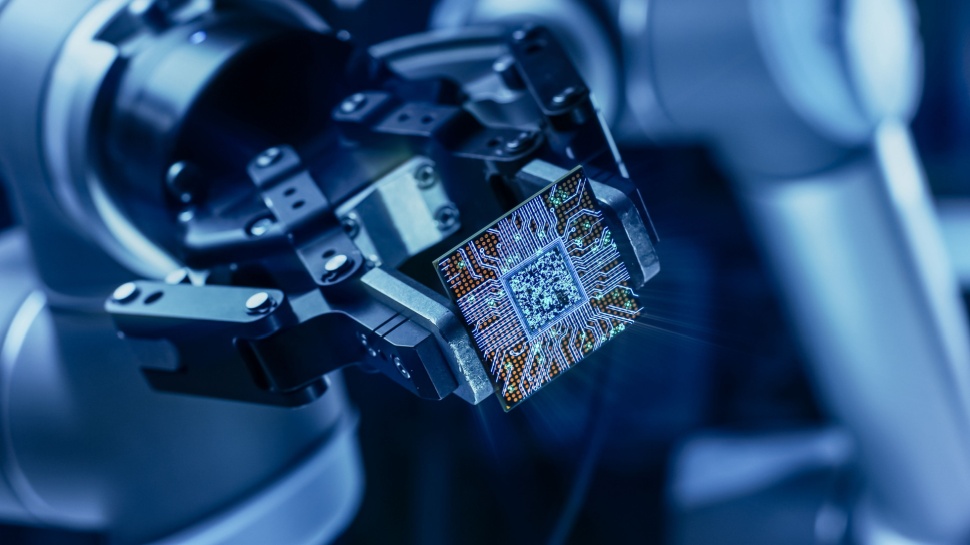Taiwan has accused Chinese firms of poaching their tech engineers
8 Chinese chip companies are accused of ‘illegally poaching’

An investigation into Chinese chip making companies has determined that eight firms were allegedly in violation of Taiwanese law. This is the latest development in global ambitions to develop crucial technologies used in AI, phones, and cars.
Amongst those accused is Naura Technology Group, one of the suppliers to China’s largest chip maker, Semiconductor Manufacturing International Corp. The organization has denied the allegations, affirming that the Taiwan office was established “in accordance with local laws and regulations.”
The firms have denied poaching talent from Taiwanese companies, despite Taiwan's top intelligence agencies finding evidence of the unlawful hiring of engineers to boost China’s semiconductor manufacturing power.
Investing in tech
Taiwan accounts for 68% of the semiconductor market, but China is the lead spender in chipmaking technology. The nation spends more than the US, Taiwan, and South Korea combined - and is on track to hit $50 billion in semiconductor equipment spending in the near future. As of yet, Chinese domestic industry can’t develop the most advanced chips, especially those used in military hardware.
The race to develop and manufacture chips is just one part of a wider picture. The strategic influence of tech in the geopolitical sphere has become more and more apparent, with the US and China both looking to be the dominant technological powers.
The US has attempted to rally allies like Japan to impose restrictions on imports to China in attempts to hinder development. Japan is being pressured to align more closely with the US’s foreign policy goals by restricting the sales of top end chips.
As both the US and China grow their powers in the technological world, the expansion of chip manufacturing is set to continue, and the development expertise will remain incredibly valuable.
Are you a pro? Subscribe to our newsletter
Sign up to the TechRadar Pro newsletter to get all the top news, opinion, features and guidance your business needs to succeed!
Via Tom's Hardware
More from TechRadar Pro
- Check out our pick of the best firewall software
- China leads in up to 89% of tech research, study shows
- Take a look at our pick of the best VPNs on offer

Ellen has been writing for almost four years, with a focus on post-COVID policy whilst studying for BA Politics and International Relations at the University of Cardiff, followed by an MA in Political Communication. Before joining TechRadar Pro as a Junior Writer, she worked for Future Publishing’s MVC content team, working with merchants and retailers to upload content.